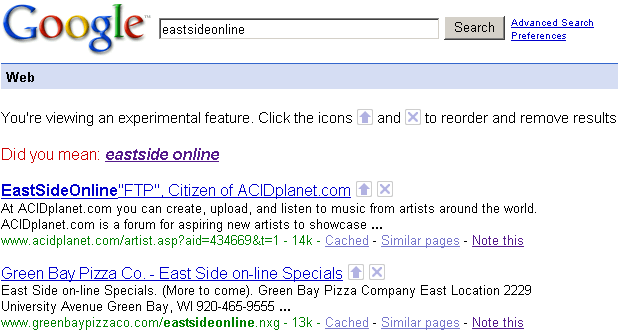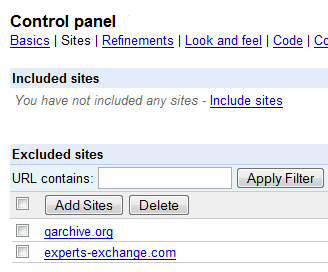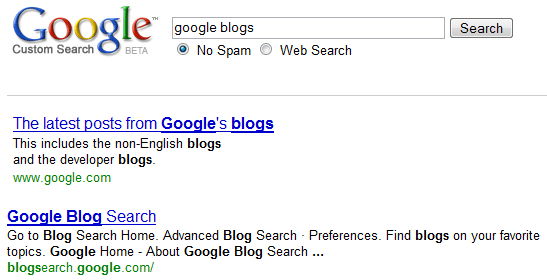
These new personalization options can be partly recreated using a custom search engine. You can build a custom search engine for the entire web, that should include all the sites from Google's index. Every time you find web pages or web sites that are not very useful, but have good rankings, you can edit the search engine and them to the exclusion list.

To promote search results, check this option in the custom search engine's settings: "Add my Subscribed Link to this Custom Search Engine". Then create subscribed links for some of the terms you search often. Alternatively, you could use Google Spreadsheets to define a list of subscribed links. The subscribed links are also included if you use Google's standard search engine, but they're displayed after the third search result.

The custom search engine lacks the user interface options from Google's experimental feature, but it's a pretty powerful way to customize your search experience.
Useful links:
Manage your custom search engines
Manage your subscribed links
{ The first screenshot is from Nimish. }

Does this mean that SEOs really can guarantee a top five result? :}
ReplyDeleteI hope there is a way to clear whatever changes you have made to the default results, otherwise a few poor choices on your part could render future results less useful without your even knowing it.
ReplyDeleteAnother example of this is spam filtering. Suppose by selecting from all of my e-mail messages based on some search I decide to mark all such messages as spam. Now suppose some friend of mine had included "viagra" in their signature, and so I had unknowingly consigned all such messages to the spam folder (and then deleted them). Now in so doing have I made it difficult to ever get a message from that person again, even if they later change their signature?
I know a Gmail user who claims that several people he regularly corresponds with ALWAYS get their messages put in the spam folder automatically, no matter how many times he marks them as not-spam, and no matter that they are in his address book.
I've never had this problem, so I keep telling him that he must have somehow fouled up the filter that Gmail uses, maybe by carelessly marking messages as spam at some point. But I really don't know if this is the cause, and, unfortunately I doubt there is any avenue of customer support at Google that will help him with this.
It would make me feel better if there were a special "reset" function for all such Google products that modify their behavior based on your past behavior.
This was definitely the next logical step in Internet search.
ReplyDeleteKudos to Google.
If I move up/down or delete a search result, is that just for me or for all users of Google?
ReplyDeleteI'm guessing that it'd be personalised for you, but if so many users removed a search result then it'd apply to Google globally.
Hmm. I'm still not sure whether this will catch on. A lot of people I know just want Google to find them pages... they don't want to be fussing sorting through them for Google.
if any day Google apply massive choice into global result then its chance to temper result by massive indented manipulation. need to cure about this too...
ReplyDeleteis this to find peoples test in search result or something else going behind this ?
O3
A great new feature from google that I find extremely useful in weeding out those people who shouldn't be at the top but still keep appearing on page 1!
ReplyDelete